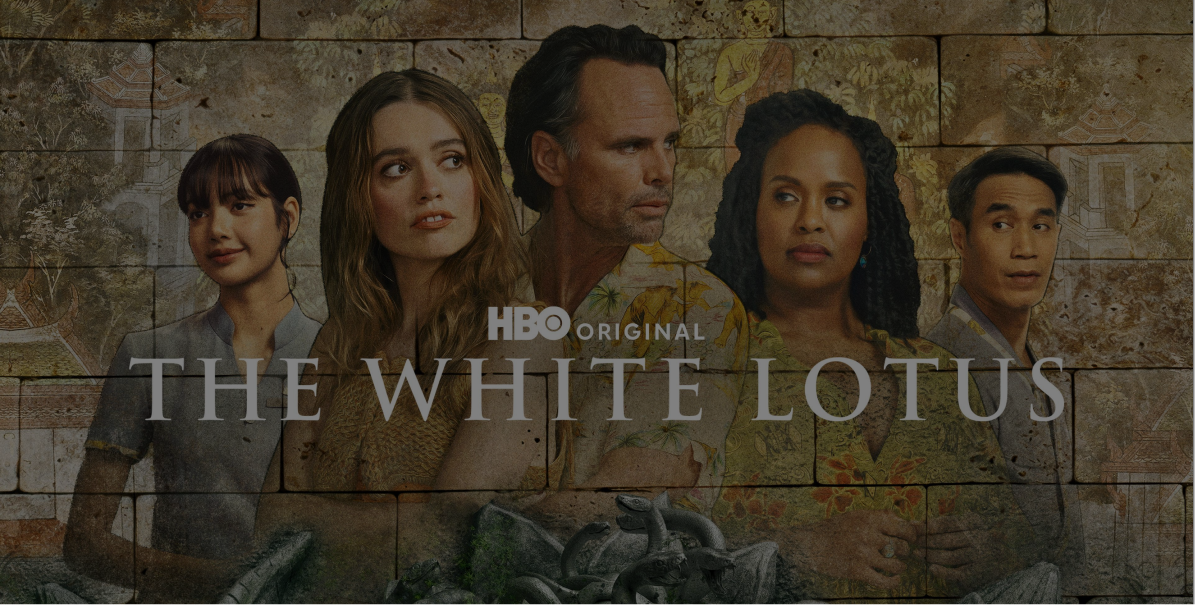This is not a show review of White Lotus Season 3 but what I picked up from the character Timothy Ratliff’s journey as a dad under pressure. This isn’t about plot twists or who lived or died, honestly not my concern here. It’s about a rich father who’s always had financial control and his family - wife and three kids thriving on his wealth, suddenly facing the collapse of everything he’s built and what that means for parenting. From questioning his kids’ and wife’s comforts to nearly losing himself, here’s how Timothy’s crisis shines a light on the real work of fatherhood.
A Quick Setup
The White Lotus Season 3 drops the Ratliffs—a wealthy family from North Carolina—into a high-end Thai resort. Dad Timothy (Jason Isaacs) runs his own finance firm and doesn’t exactly want to be there but what hell. He learns that federal agents are raiding his offices over a money–laundering scheme tied to a fund called Sho-Kel, set up with partner Kenny Nguyen. As Timothy’s panic mounts, his calm image cracks, and his family starts sensing something’s very wrong.
Timothy Ratliff’s Parenting Under Fire
Timothy’s meltdown isn’t just legal drama—it’s the pressure all dads can relate to when your world looks like it’s falling apart. He’s terrified of losing his company, his status, and worst of all, the lifestyle he’s promised his family. In his panic, he hides the truth, leans on heavy meds, and even contemplates poisoning his wife and kids to “protect” them from scandal and ruin. When you are not used to sudden struggles and impending shame, your mind stops working and you resort to unthinkable schemes
Saxon: The Son in Dad’s Shadow
Eldest son Saxon works at his dad’s firm and measures his worth by Timothy’s success. In Episode 7 he blurts out, “My career is totally tied to yours… I’ll always be seen as Timothy Ratliff’s son…and I’m okay with that… as long as work’s going good”. That line hits home—if our kids tie their self-esteem to our achievements, any stumble we make feels like theirs, too. As parents, we need to encourage them to build their own identities, so they can stand strong even if we falter.
Piper: Craving Comfort, Questioning Privilege
Piper’s off on a “spiritual journey” and spends a night in a Buddhist monastery much against her mother’s wishes. But come morning, she admits she can’t give up the comfort her dad’s money provides. It shows how easy it is for kids to take wealth for granted—and how vital it is to teach them the value of what they have. Financial privilege can blind them to real work and worth. Guiding them to earn their own security fosters gratitude and resilience.
Lochlan: Finding Himself Amid the Chaos
Youngest Lochlan idolizes Saxon but is drawn to Piper’s free-spirited side. His confusion about where he fits reflects a key parenting task: helping each child carve their own path without pressure. {SPOILER ALERT}. In the finale, he nearly dies drinking the leftover poisoned piña colada, and Timothy cradles him awake—a raw reminder that kids depend on us, even when we’re at our worst. Parents must stay present for each child’s unique journey.
Victoria: The Fear of Losing It All
Victoria, completely in the dark about the fraud, tells Timothy that if they lose everything, “I don’t think I would want to live… at this age, I’m not meant to live an uncomfortable life”. And when Piper opts to stay in Thailand, she quips, “She needs to fear poverty.” These lines aren’t just dramatic—they show how deeply the fear of losing privilege runs. As parents, normalizing financial ups and downs and framing them as growth opportunities can help families handle setbacks with dignity.
Parenting Through a Crisis: Takeaways from Timothy’s Spiral
- Honesty Builds Trust
Hiding the truth only isolates us. Timothy’s secrecy turns panic into near–tragedy. Sharing age-appropriate realities helps families face hardship together. - Encourage Independent Identities
Saxon’s identity crisis warns us: let kids pursue passions outside our shadows. Celebrating their solo wins builds confidence that endures beyond our own success. - Teach Real Financial Skills
Piper’s craving for wealth comfort underlines why we must teach budgeting, saving, and the meaning of earning. Financial literacy isn’t just numbers—it’s self-worth. - Support Individual Paths
Lochlan’s search for self reminds us to listen to each child’s hopes and fears, guiding without dictating. Flexibility and empathy foster true growth. - Normalize Setbacks
Victoria’s fear shows how privilege can become a cage. Discussing life’s unpredictability and modeling resilience prepares kids to weather change without losing hope.
Final Thoughts
Watching Timothy Ratliff nearly lose everything—and almost take his family with him—offers a powerful mirror for us as dads. It reminds us that our greatest work isn’t building empires but nurturing dependable, self-reliant kids. Crises will come—financial, personal, unexpected—but honesty, guidance, and empathy can keep families anchored when everything else is at sea.



